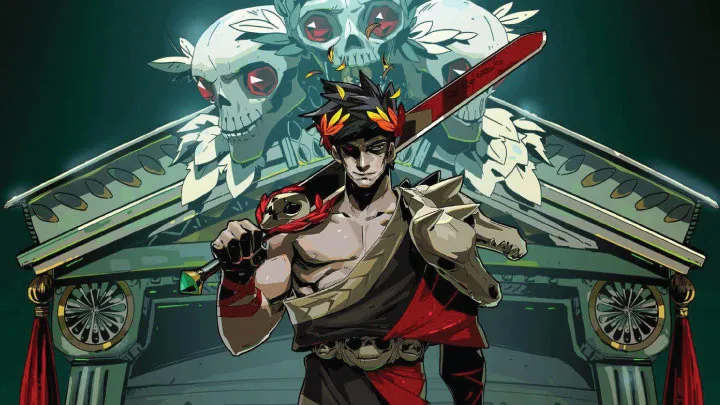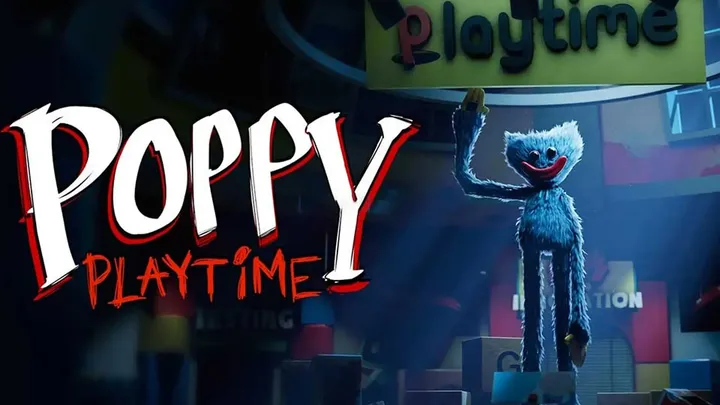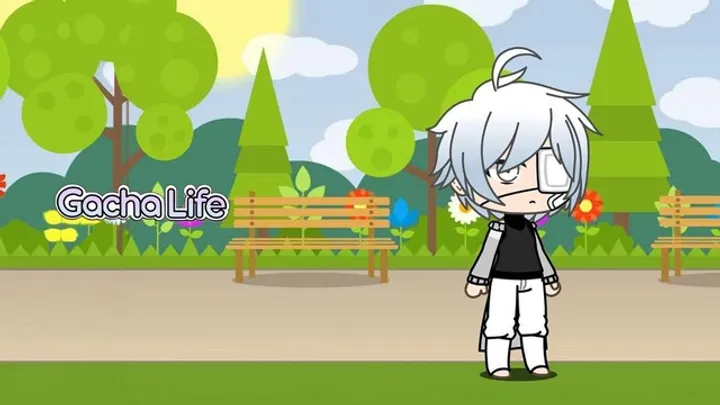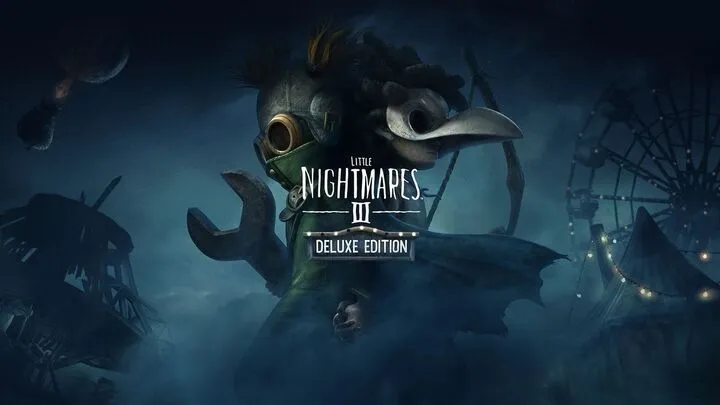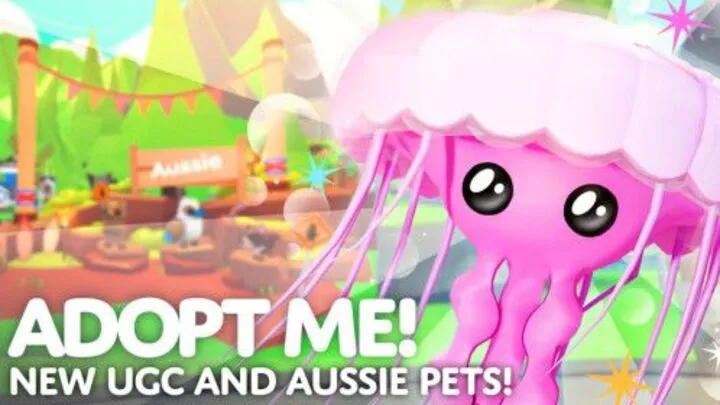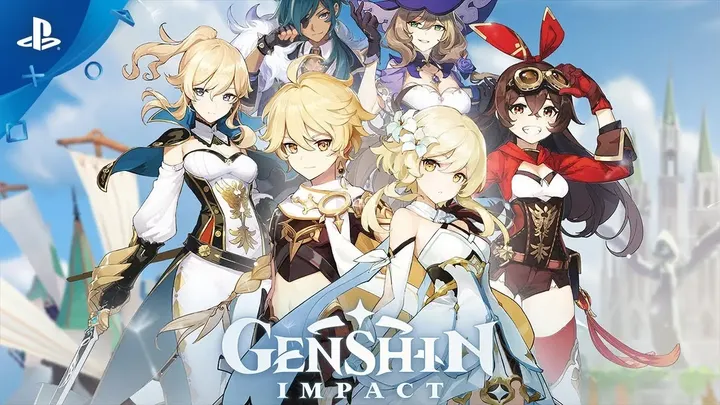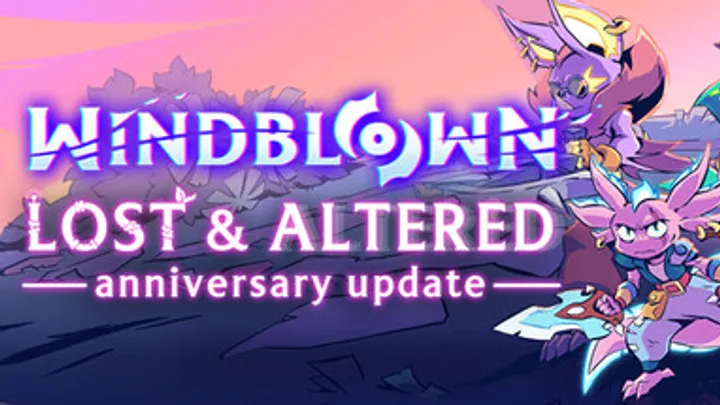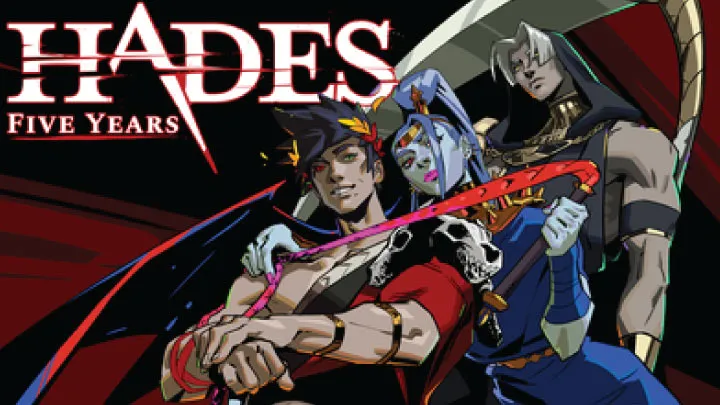
Hades, developed by Supergiant Games, has garnered critical acclaim since its early access release in 2018 and full launch in 2020. The game combines rogue-like mechanics with rich storytelling, allowing players to experience the journey of Zagreus, the son of Hades, as he attempts to escape the Underworld. One of the most compelling aspects of Hades is its masterful integration of narrative and gameplay, which not only enhances player engagement but also deepens the emotional impact of the story. This article explores the intricacies of this integration, examining how Supergiant Games has crafted a seamless experience that resonates with players.
The Foundations of Hades’ Narrative
The Mythological Context
At its core, Hades draws from Greek mythology, placing players in the role of Zagreus as he navigates the Underworld. The game incorporates a wide array of mythological figures, including gods, heroes, and monsters, each with their own distinct personalities and narratives. This rich mythological backdrop provides a compelling framework for the story, allowing players to engage with familiar characters and settings while experiencing a fresh narrative.
The game's portrayal of the Underworld is not merely as a backdrop for gameplay but as a vibrant world filled with lore and history. This intricately woven narrative sets the stage for players to explore the relationships between characters and the themes of family, identity, and perseverance.
The Concept of Repetition
A unique aspect of Hades is its use of repetition as a narrative device. Players are tasked with escaping the Underworld multiple times, facing death and failure repeatedly. However, rather than feeling tedious, these repeated attempts serve to deepen the narrative experience. Each time Zagreus returns to the House of Hades, he encounters familiar faces who offer new dialogue, insights, and emotional developments.
This cycle of death and rebirth is central to the game's theme of growth. Players witness Zagreus's evolution as he confronts his past and forges connections with other characters. The narrative effectively uses this repetition to create a sense of progression, making each escape attempt feel meaningful despite its inherent challenges.
Gameplay Mechanics and Their Narrative Significance
The Rogue-Like Structure
Hades employs a rogue-like structure, where players face randomly generated levels filled with enemies, traps, and rewards. This design choice enhances the game's replayability while also serving a narrative purpose. Each run through the Underworld is different, offering players unique experiences that mirror Zagreus's journey of self-discovery.
The randomization of encounters and upgrades allows players to experiment with different playstyles, encouraging them to adapt their strategies based on the abilities they acquire. This variability keeps players engaged and invested in each run, as they uncover new facets of the game world and its characters.
Upgrades and Choices
Throughout their journey, players collect various upgrades known as Boons from the Olympian gods. These upgrades not only enhance gameplay but also deepen the narrative experience. Each god offers unique abilities that reflect their personality and domain, allowing players to engage with the mythological context in meaningful ways.
The choices players make regarding which Boons to accept can influence their playstyle and the narrative direction of the game. For example, selecting Athena’s defensive abilities may encourage a more cautious playstyle, while opting for Ares's aggressive enhancements may lead to a more offensive approach. This choice-driven gameplay reinforces the themes of agency and personal growth, as players shape Zagreus's journey based on their decisions.
Character Development and Relationships
The Importance of Character Interactions
Hades thrives on its richly developed characters, each with their own backstories and motivations. The interactions between Zagreus and other characters, such as his father Hades, his mother Persephone, and the various Olympian gods, are integral to the narrative experience. These relationships evolve over time, reflecting the emotional weight of Zagreus's journey.
As players progress through their runs, they unlock new dialogue and interactions, deepening their understanding of each character. These moments of connection add layers to the narrative, allowing players to witness the complexities of family dynamics, loyalty, and conflict.
The Role of Relationships in Gameplay
The relationships players build with other characters also impact gameplay mechanics. For instance, fostering a bond with certain characters can unlock unique abilities or upgrades. This integration of character development and gameplay encourages players to engage with the narrative on multiple levels.
The emotional stakes of these relationships enhance the overall experience, making players more invested in Zagreus's journey. As players build connections with characters, they become more motivated to succeed in their escape attempts, knowing that their actions have tangible consequences.
Themes of Identity and Growth
The Journey of Self-Discovery
A central theme in Hades is the journey of self-discovery. Zagreus's attempts to escape the Underworld reflect his quest for identity and understanding. Throughout the game, he grapples with the legacy of his family, the expectations placed upon him, and his desire for freedom.
As players progress, they witness Zagreus confronting his past and the complexities of his relationships with Hades and Persephone. This exploration of identity adds depth to the narrative, allowing players to connect with Zagreus on a personal level. The emotional resonance of his journey is amplified by the challenges he faces and the relationships he cultivates.
The Role of Persephone
Persephone, Zagreus's mother, plays a pivotal role in his journey of self-discovery. As players progress through the game, they learn more about her character and the reasons behind her departure from the Underworld. The revelations surrounding Persephone add emotional weight to the narrative, as Zagreus seeks to understand her choices and their impact on his life.
The relationship between Zagreus and Persephone serves as a poignant exploration of familial bonds and the complexities of love. Players become invested in their reunion, driving home the game's themes of connection and reconciliation. This emotional thread weaves throughout the gameplay, enriching the overall experience and motivating players to explore the narrative fully.
The Art and Aesthetics of Hades
Visual Design and Atmosphere
The art style of Hades is a significant contributor to its narrative and gameplay experience. The game's vibrant colors, detailed character designs, and lush environments create an engaging atmosphere that draws players into the world of the Underworld. The visual design enhances the emotional impact of the narrative, as players are immersed in the rich lore and mythology of the setting.
Each area of the Underworld is meticulously crafted, reflecting the themes and personalities of the characters that inhabit them. For instance, the stark contrasts between the fiery environment of Asphodel and the serene beauty of Elysium serve to reinforce the emotional tones of different parts of Zagreus's journey.
Music and Sound Design
The music and sound design in Hades further elevate the narrative experience. The game's soundtrack, composed by Darren Korb, features a blend of orchestral and rock influences that complement the action and emotional beats of the game. The music dynamically shifts based on the player's actions and the environment, enhancing immersion and engagement.
Sound design also plays a crucial role in conveying the atmosphere of the Underworld. The ambient sounds of the environment, the voice acting of the characters, and the audio cues during combat all contribute to a rich auditory experience. This attention to detail in sound enhances the overall storytelling, creating a cohesive and immersive world.
Community Engagement and Player Feedback
The Role of Player Feedback
Supergiant Games has actively engaged with the community throughout the development and post-launch period of Hades. Player feedback has played a significant role in shaping the game, as the developers have been receptive to suggestions and insights. This engagement has fostered a strong sense of community among players, who feel that their voices contribute to the ongoing evolution of the game.
The game's early access period provided an opportunity for players to share their experiences and offer feedback on gameplay mechanics, balance, and narrative elements. Supergiant Games used this input to refine the game, ensuring that the final product resonated with players and delivered a satisfying experience.
Community Support and Modding
The Hades community has demonstrated remarkable support for the game, creating fan art, mods, and content that celebrate its characters and themes. This engagement has enriched the game's cultural impact, as players explore their creativity and share their love for the title.
Modding has become a significant aspect of the Hades community, with players creating custom content that expands upon the game's mechanics and narrative. This collaborative spirit enhances the longevity of the game, as players continue to engage with its world beyond the official content provided by Supergiant Games.
The Future of Hades and Its Legacy
Anticipating New Content
As Hades continues to gain popularity, players can anticipate the potential for new content, expansion packs, and updates that will enrich the gameplay experience. Supergiant Games has a history of supporting their titles with additional content, and Hades is likely to follow suit.
Potential future expansions could introduce new characters, additional story arcs, or even entirely new gameplay mechanics. The game's flexibility and rich lore provide ample opportunities for exploration and innovation, ensuring that players remain engaged in the world of Hades.
The Influence on Indie Development
Hades has set a high standard for indie game development, showcasing the potential for innovative storytelling, gameplay mechanics, and community engagement. Its success has inspired other developers to explore similar models, emphasizing narrative-driven experiences that resonate with players.
As the gaming industry evolves, the legacy of Hades will likely influence future titles, encouraging developers to prioritize character-driven narratives and player engagement. The lessons learned from Hades can serve as a blueprint for aspiring indie developers seeking to create impactful and memorable experiences.
Conclusion
Hades stands as a remarkable achievement in the realm of indie game development, seamlessly blending narrative and gameplay to create an engaging experience. The intricate interplay of character development, thematic exploration, and community engagement has solidified its place in gaming culture.
